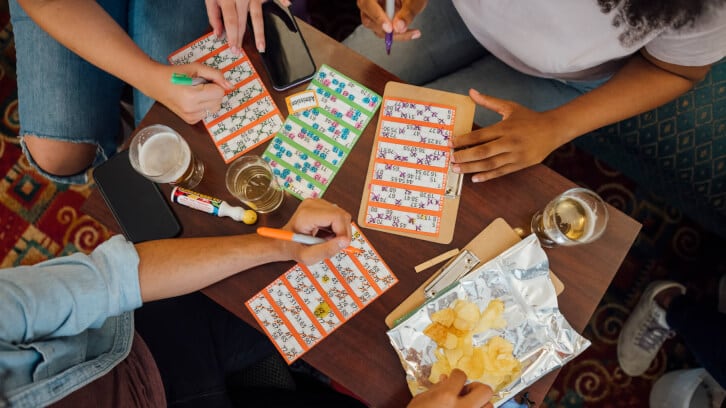- Q: I think I might have breached my licence conditions! What happens now?
A: Whether it’s a case of accident or enthusiastic colouring outside of the licensing lines, breaches of premises licence conditions are exceptionally common.
In my experience, the number one cause of breaches of conditions is a simple misunderstanding of what the conditions on a licence are. And if you consider that premises licences seem to have an increasing number of conditions upon them, that simple understanding becomes a more complicated likelihood.
Let us take a step back for a moment and consider what one can actually breach in terms of the licence. At its heart, a premises licence is permission to do something which would otherwise be illegal (such as to sell alcohol and to provide late-night refreshment).
Those licensable activities are usually restricted in terms of the hours during which they can be carried out or by their very nature (such as on and off sales of alcohol).
While these might not necessarily be thought of as conditions, it makes sense, for example that your permission to sell alcohol is on the condition that it is consumed on the premises and not sold before/after a particular time.
The carrying out of those licensable activities are then subject to what we might traditionally think of as “conditions”. We first have the mandatory conditions which are attached to all premises licences. These cover such matters as minimum pricing, the provision of drinking water and not selling alcohol if there is no DPS.
On top of those, we then have premises specific conditions (often referred to as Annex 2 and Annex 3 conditions) which set out extra hoops you have to jump through in order to be compliant.
You might also consider that the licence is granted on the basis that you will trade in accordance with an approved floor plan and you will no doubt have experienced situations where the premises itself bears very little relation to plan attached to the licence.
All of this is incredibly important because, as I say, the premises licence itself is conditional permission to do something which would otherwise be illegal and it is a criminal offence under section 136 of the Licensing Act 2003 to carry out or attempt to carry out licensable activities otherwise than in accordance with a premises licence.
It is also an offence to knowingly allow such activity to take place. It is worth mentioning that the same applies in respect of club premises certificates and Temporary Event Notices.
The law makes no distinction between licensable activities carried out without any licence and those which breach a licence. If you do not have off sales on your licence and you allow your customers to drink on the pavement (something which I am distraught to have witnessed personally), this is as illegal as not having a licence to sell alcohol at all.
This is especially important if you consider that the maximum penalty for this offence is six months in the slammer and/or an unlimited fine.
If you are being investigated for this offence, it is likely that your local Licensing Authority or Police will want to interview you under caution to answer questions with a view to potential prosecution. Of course, if that happens, the importance of getting timely legal advice cannot be overstated.
However, before you start packing your toothbrush and researching how to smuggle file-laden cakes into prisons, prosecutions for unauthorised licensable activities are, in my experience at least, quite rare. And for good reason if you consider that a breach of the licence is far more likely to be met with an application for a licence review for failing to promote the licensing objectives.
The result of such a review could include the imposition of more conditions (try not to breach these ones), the removal of licensable activities, reduction of hours, removal of DPS, suspension or even revocation of the premises licence.
If the priority of the local responsible authorities is the promotion of the licensing objectives, there is a clear argument that this is better achieved with a licensing review rather than a prosecution.
However, while not necessarily commonplace, there is nothing to stop one from being prosecuted and a review also taking place.
Here are some top tips for making sure you stay compliant:
- Carry out a review of your licence to make sure that it allows you to do all the things you want to do (and perhaps are already doing)
- Train your staff so that they are aware of what the licence permits and what it prohibits so that you are compliant at all times. Make sure this includes a solid understanding of all of the conditions of the licence
- Check your plans to make sure they are up to date. Maybe now is the time to make sure they show that pool table you had installed 15 years ago
- If you want to do something which would otherwise not be in accordance with your licence, you could consider varying your licence if a long-term solution is needed or look at using Temporary Event Notices to deal with short term matters
Most responsible authorities look for compliance and work with premises to ensure compliance in preference to taking enforcement action.
That is not to say that they won’t run out of patience and take action. Best try and get it right first time. And if you can’t do that, best get it right from now.
- Joe Harvey is an associate solicitor at Poppleston Allen



